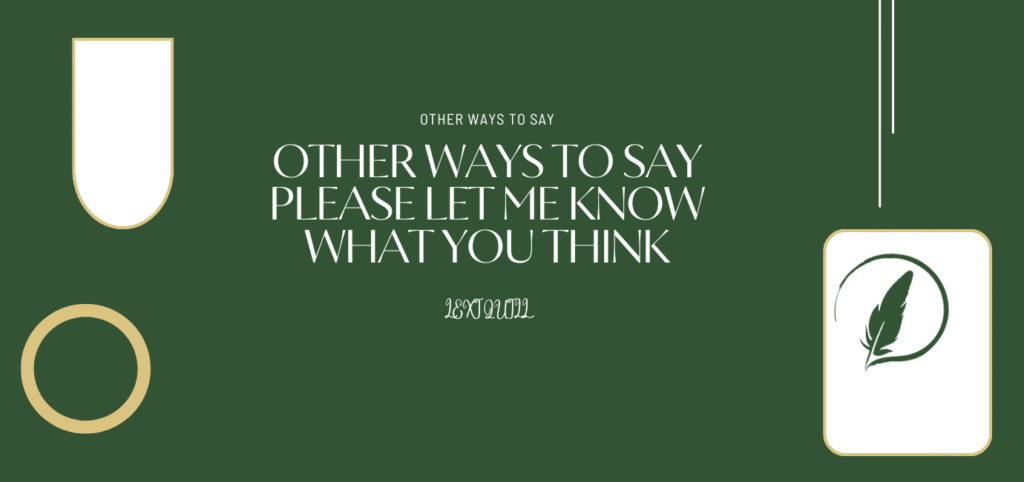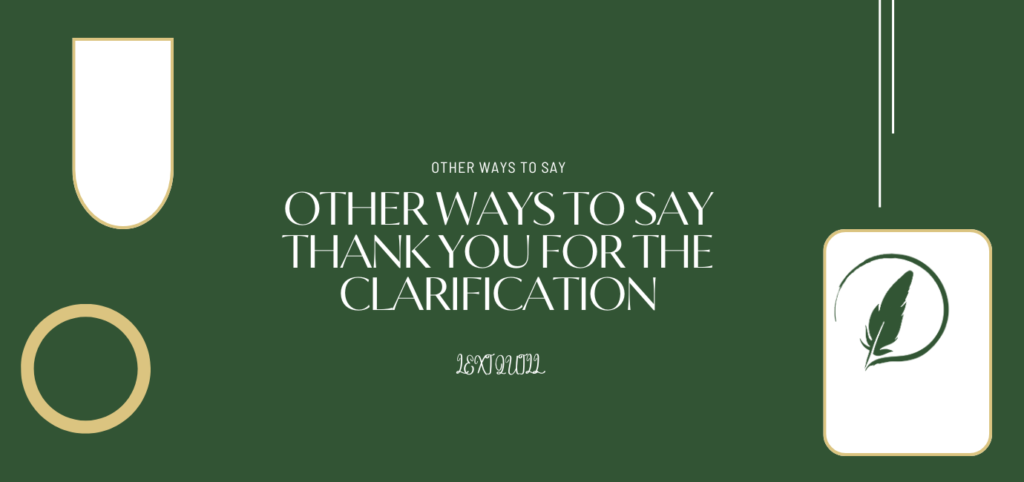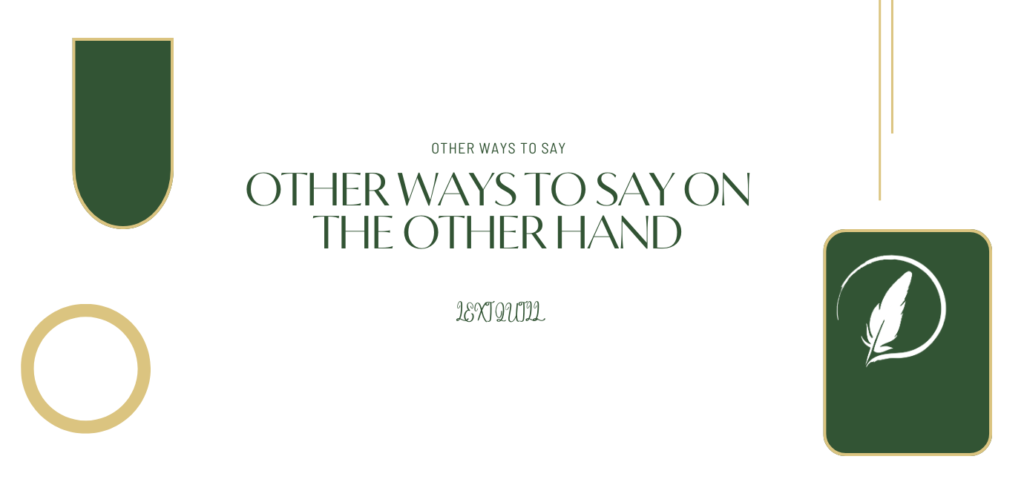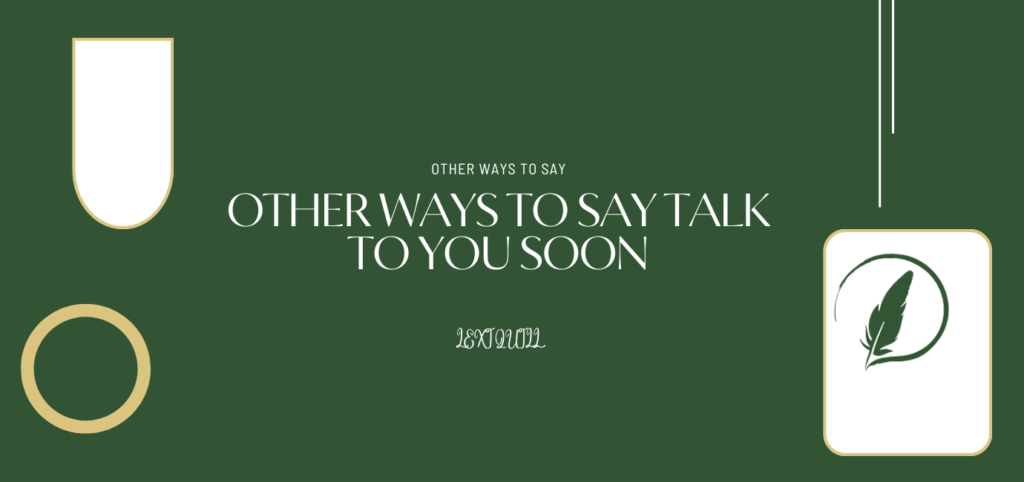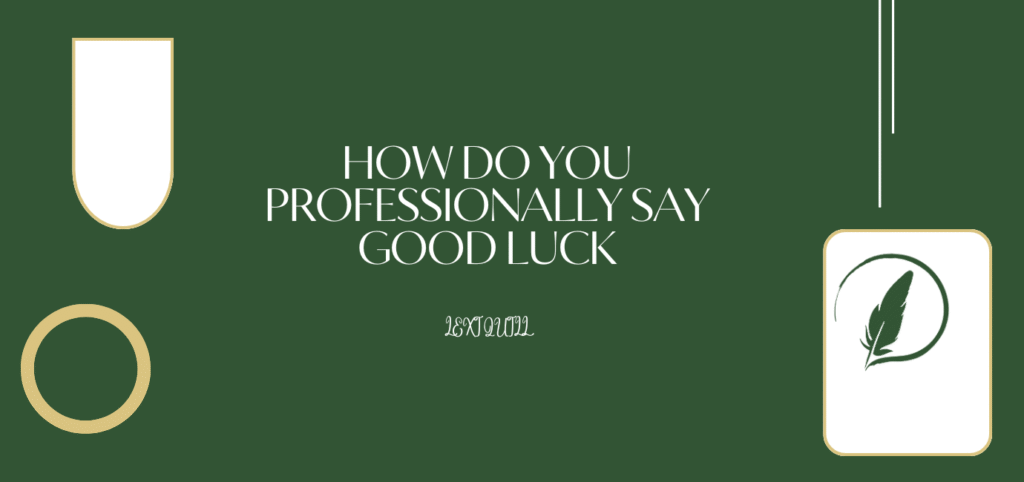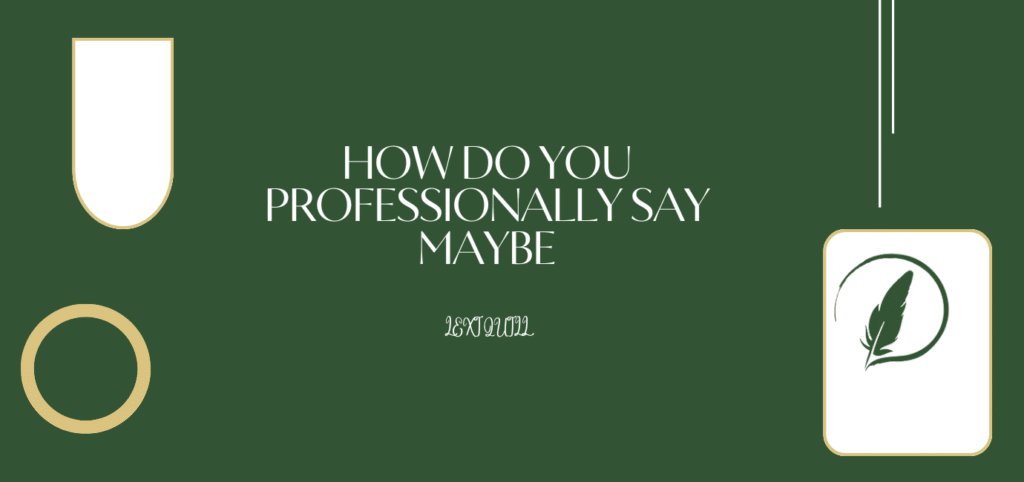There are many situations where you might need to express uncertainty or a lack of knowledge. Whether you’re in a casual conversation with friends, engaged in a professional meeting at work, or participating in a formal discussion or debate, being able to articulate uncertainty with the right words matters. Using a variety of expressions instead of just saying “I don’t know” can enhance your communication and help you navigate different social and professional settings with more confidence and clarity.
Why Use Alternatives?
While the phrase “I don’t know” is simple, clear, and universally understood, it might not always be the best choice depending on the tone, audience, or context of the conversation. Using alternatives allows you to:
- Sound more polite or diplomatic
- Maintain professionalism
- Express curiosity or a willingness to learn
- Avoid sounding dismissive or careless
Expanding your vocabulary with alternatives can help make your responses more thoughtful, engaging, and appropriate for a variety of scenarios.
1. I’m not sure.
This phrase is a gentle and more polite way of expressing uncertainty. It softens the bluntness of saying “I don’t know” and works well in both casual and formal conversations.
Example: I’m not sure where she went, but I can find out for you.
Use this when you want to show that you’re uncertain, but still approachable and open to helping.
2. I have no idea.
A straightforward and casual way to say you have no knowledge about something. It can be humorous or dramatic, depending on your tone.
Example: I have no idea how that happened!
This is best used in informal conversations, especially when you’re genuinely surprised or amused.
3. I’m not certain.
This phrase sounds a bit more formal and indicates thoughtful hesitation. It’s ideal for situations where you want to remain composed and professional.
Example: I’m not certain about the details, but I’ll check and get back to you.
It’s useful when you want to buy time to verify facts or avoid giving incorrect information.
4. I’m unsure.
A brief and direct way to express doubt. It’s slightly more formal than “I’m not sure” and can be used in various contexts.
Example: I’m unsure about the answer, but I’ll look into it.
This is great when you’re acknowledging your uncertainty but want to remain engaged in the conversation.
5. That’s a good question.
This phrase allows you to acknowledge the importance or thoughtfulness of the question before admitting that you don’t know the answer.
Example: That’s a good question! I’ll need to research it.
Use this to buy a little time and show that you’re taking the question seriously.
6. Let me check on that.
A confident and professional phrase that implies you’re going to find the answer. It’s proactive rather than passive.
Example: I don’t have that information right now, but let me check on that for you.
This is ideal in customer service, business, or any setting where you want to show responsibility.
7. I can’t say for sure.
This phrase implies you’re trying to be careful with your words and don’t want to give inaccurate information. It shows respect for precision.
Example: I can’t say for sure, but I think the meeting is scheduled for next week.
It’s polite and works well when you want to avoid speculation.
8. I’ll need to find out.
This shows that you’re taking initiative and plan to seek the correct answer. It sounds responsible and dependable.
Example: I’ll need to find out, but I’ll let you know as soon as I have the details.
Use this in professional settings or when you want to build trust.
9. Beats me.
A very casual, humorous way to admit you don’t know. It often comes with a shrug and a smile.
Example: Beats me why the Wi-Fi isn’t working today!
Perfect for light-hearted conversations or when the topic isn’t serious.
10. I don’t have the slightest idea.
An expressive and emphatic way to say you know absolutely nothing about the subject.
Example: I don’t have the slightest idea how that got there!
This works when you’re trying to show complete bewilderment or exaggerate your confusion for effect.
Final Thoughts
Having a variety of phrases to express not knowing something can greatly enhance your communication skills. Whether you’re in a formal business setting, chatting with friends, or dealing with an unexpected question, choosing the right alternative to “I don’t know” helps you sound more thoughtful, polite, or even humorous. Next time you find yourself unsure of something, try one of these phrases and notice how it can shift the tone of the conversation in a more positive direction.


